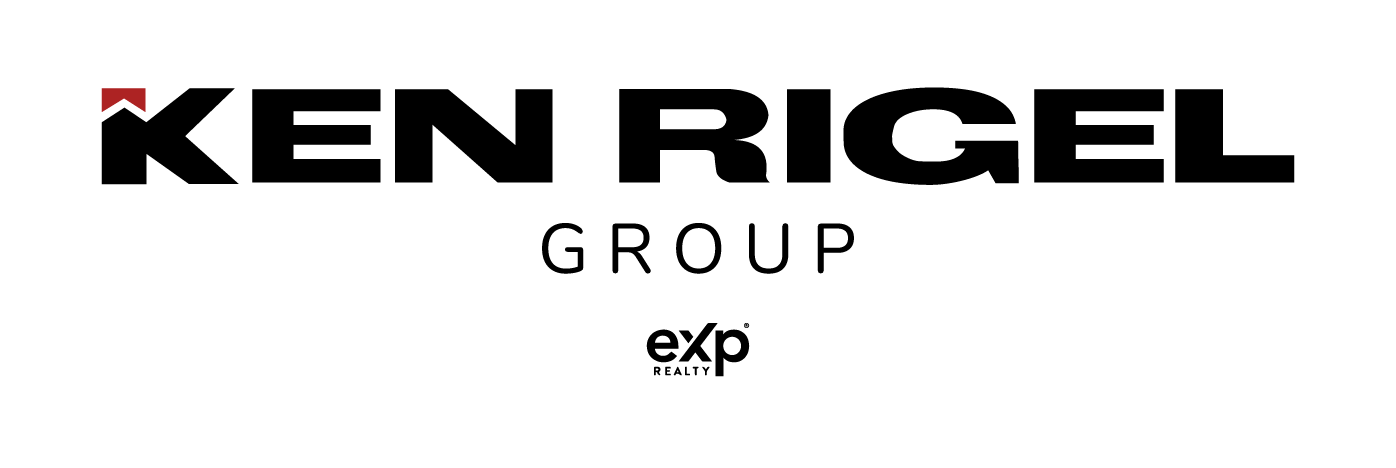Shock to the System
Surging mortgage interest rates are slamming the brakes on the housing market.
Higher mortgage rates, which climbed past 6% last week, are likely to eventually douse the relentless escalation of home prices. But their most immediate impact will be to force many buyers to put their dreams on hold as the cost of homeownership slips out of their financial reach.
“Whenever you get mortgage rates moving up that fast, it’s just a shock to the system. It almost paralyzes potential homebuyers,” says Rick Palacios, director of research at John Burns Real Estate. “They have to reset things so fast. Do they want to buy? Can they buy?”
Since the start of the COVID-19 pandemic, buyers have struggled to keep up with double-digit home price increases and out-of-control bidding wars. Now, rents are also making substantial leaps, inflation stubbornly persists, gas prices are high, the stock and crypto markets are taking a beating, and the prospect of another recession is looking increasingly likely.
And the housing market is feeling the burn.
Fewer buyers are submitting mortgage applications: about 15.6% less than a year ago, according to Mortgage Bankers Association data. The number of home sales has been falling since February, according to the National Association of Realtors®. Builders are also signaling that they’re nervous about the economy and are slowing down new home construction. The number of housing starts dropped 14.4% from April to May, according to government data.
“The declines for single-family starts and declines for homebuilder sentiment are clearly flashing recession warnings,” says Rob Dietz, chief economist of the National Association of Home Builders.
“Housing is a leading sector [of the economy]. It will typically decline before the rest of the economy, and we’re seeing evidence of that now,” says Dietz. “It’s going to be the first one to show weakness, and it’s going to be the first sector to show a rebound.”
And with the U.S. Federal Reserve expected to continue hiking its short-term interest rates in its quest to tame inflation, mortgage rates aren’t expected to go back to 3%, like they were this time last year. Mortgage rates are different from the Fed’s own rate, but they typically follow the same trajectory. The Fed’s rate is likely to keep going up this year until inflation begins dropping. This is making many folks nervous that another recession is imminent.
The average mortgage rate jumped up more than a half-point, to 5.78% in the week ending June 16, according to Freddie Mac. However, this was an average of rates through the week. In the past few days, lenders were offering rates above 6% for these 30-year fixed-rate loans.
“It’s pretty eye-popping just how drastically things have changed from a year ago,” says Realtor.com® Chief Economist Danielle Hale. “For home shoppers, it is a completely different ballgame than it was a year ago.”
Mortgage payments today are 65% larger than they were just a year ago—when homebuyers were already grappling with the steep run-up in prices. That means homebuyers today would be paying 65% more to own the same house due to higher home prices and mortgage rates. (The calculation assumes buyers are putting down 20% on a median-priced home and does not include property taxes, insurance costs, or homeowners association fees.)
“It’s huge,” says Hale of the increase. “People are freaking out about inflation being up 8.6%. Inflation for homebuyers is up significantly higher.”
Will home prices finally fall?
Most real estate economists believe home price growth will slow down or even flatten—but prices won’t come down.
The theory is simply that there are just too few houses on the market and too many people who want them. For example, millennials are a much larger generation than the preceding one. But builders didn’t put up enough homes to accommodate them as construction slowed dramatically during the Great Recession when there were more homes than buyers.
“There’s been this belief that because supply and demand have been so far out of whack in the housing market, home prices are invincible—meaning they could never correct,” says Ali Wolf, chief economist of real estate consultancy Zonda.
Ironically, home prices are expected to jump even higher in the short term as buyers scramble to lock in a deal on a property before rates go up even more. However, once that bump subsides, the days of double-digit price growth are likely over. Many buyers simply can’t afford the higher costs.
In the last year alone, about 18 million households can no longer qualify for a mortgage due to the higher rates. Others have been forced to consider much cheaper homes.
Builders have already begun cutting prices, especially in communities geared toward first-time buyers on budgets.
“It’s crystal-clear that prices are adjusting,” says Palacios of John Burns Consulting.
Unlike many housing experts, he expects home prices to fall by a few percentage points. This is unlike the Great Recession when prices crashed. This time around, Palacios expects prices will still be higher than they were in 2020 before the pandemic.
Construction is expected to slow down, worsening the housing shortage
Despite a shortage of about 1 million homes, the frantic pace of new construction is expected to slow, continuing into next year.
Buyers are now not just grappling with higher rates but also persistent inflation and pricier rents, the new prospect of layoffs, and fears of a recession. Even wealthier buyers have likely been hurt by the thrashing in the financial markets. That results in lower demand for new homes, and builders still have stark memories of the housing crash, when newly constructed homes sat empty. So they are less likely to put up a slew of them now.
The downside: This means the nation won’t climb out of its housing shortage anytime soon.
Builders are growing concerned about the future, and they’re trying to position their businesses accordingly.
The likelihood of another recession is growing
All this bad news in the economy, plus the Fed’s determination to continue increasing its rates, is raising the odds of a recession.
“The nail is pretty much in the coffin that we’re likely heading into a recession in 2023, perhaps even before. There are too many things going on,” says Palacios. “Historically just one or two of them would tip us into a recession.”
Some high-profile companies have already announced layoffs. Elon Musk‘s Tesla plans to cut its workforce by 10%, or roughly 10,000 workers. Cryptocurrency platform Coinbase let go of 18% of its staff. Carvana’s parting ways with about 2,500 workers.
“The economy has been on fire, and the Fed is trying to douse some of those flames to get inflation under control. That means we’re going to see some adjustments,” says Hale. “The pace of layoffs is not alarming at this point, but it is rising.”
Many economists believe the downturn will be brief. They don’t anticipate another wave of foreclosures as many homeowners will be able to find new jobs. Or they can still sell their homes, many for a profit.
However, it might make some potential homebuyers nervous about making what could be the largest purchase of their lives—and locking in a 30-year loan when the security of their jobs is uncertain. Many still remember the pain of the Great Recession.
While the layoffs will be painful, the recession isn’t expected to be catastrophic. While the unemployment rate could rise from 3.6% in May, it’s not expected to hit anything near the peak of the Great Recession at 10% in late 2009. It’s also significantly less than what it was at the start of the pandemic in spring 2020 when unemployment reached nearly 15%.
“I still believe that this recession will not be as severe or as concentrated in the housing market as the last recession,” says Zonda’s Wolf. “But recessions still come with pain, and we may see an environment where home prices do come down a little bit.”
*ARTICLE BY REALTOR.COM
Selling Your Home?
Get your home's value - our custom reports include accurate and up to date information.




